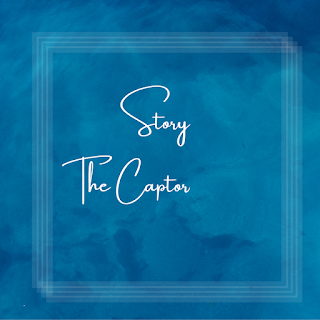Have we ever given a story or piece of folklore a lot of thought? We have been exposed to stories like "Panchtantra," "Tenali Rama," and other mythology since we were young, but did we ever look for philosophy in them as kids?
Abigail Tulenko wrote a fascinating piece titled "Folklore is Philosophy." Through the story, what can appear to be a philosophical conundrum can be clarified and guided in a far more straightforward way through a story.
Using a story to engage an entire class is more effective than introducing the study topic at the outset. The majority of minor students in their junior year of schooling can benefit from this method of drawing attention. Telling stories instead of presenting boring speeches, which quickly causes pupils to lose attention, makes studying more easier and interesting.
The mind is designed to store important things but without any interesting keynote, it automatically deletes all the files that are recorded. The story is like a deeply hidden folder that emerges as a story before revealing its essential information when it needs to be resurrected.
"Combing through Folklore, it is easy to find stories that map well on to our contemporary concerns"
For instance, "The Tale of Panchtantra" is read to kids of all ages since it still has a reference to the present context. Children are taught moral principles through the reading of these stories.
The story of " Tenali Raman" still runs in my memory even though years have passed. The title itself induced curiosity to go back and read once again.
"Ancient tales have played a pivotal role in challenging previously unquestioned epistemic assumptions."
The assumptions that are considered the unspoken truth are challenged through the tales which was "empty or incorrectly defined".
These tales are historically connected to the culture of ancient times that has evolved a lot over centuries, spoken tales remain alive as they surpass the timelessness.





No comments:
Post a Comment